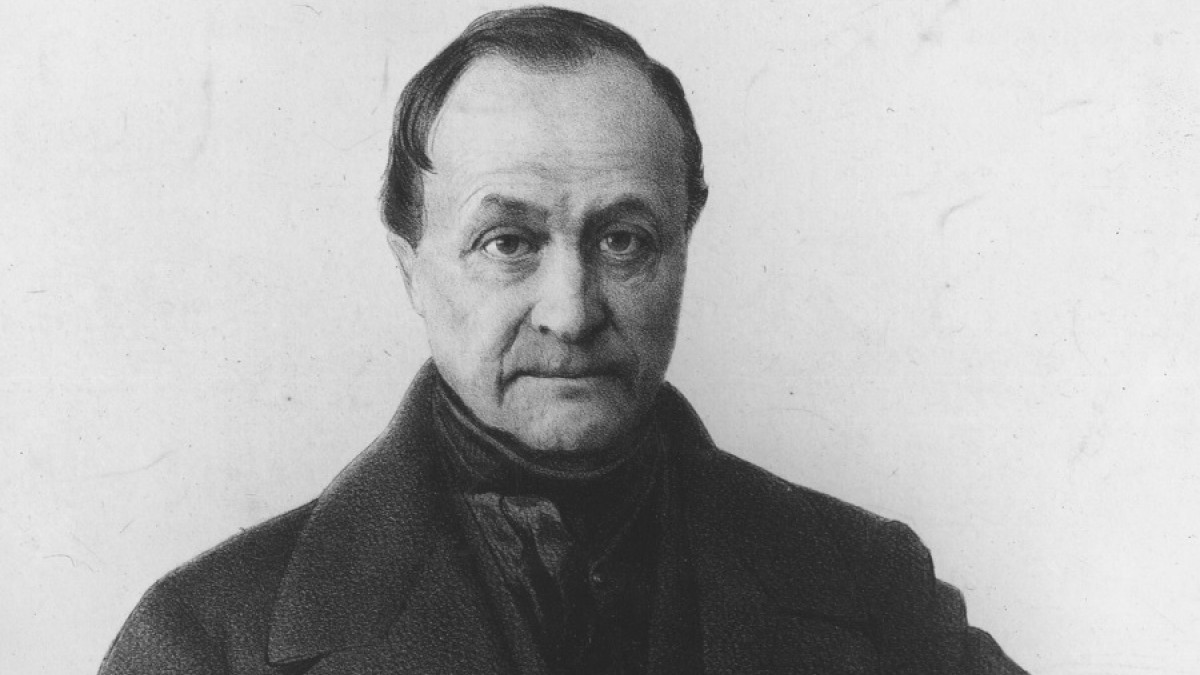
Auguste Comte (1798–1857) was a French philosopher, the founder of positivism and one of the founding figures of sociology as an independent science.
The reaction against the mechanistic theory of society first began in England, where in the 18th century Adam Ferguson emerged as a representative of new tendencies in understanding society. Ferguson sharply criticized the social contract theories of Hobbes and Rousseau regarding the origin of the state. He argued that humans are social beings by nature from the very beginning, stating:
“Humanity must be considered in the form of groups, in which it has existed throughout its history. The individual’s history is merely a partial expression of feelings and thoughts acquired through their connection with their kin. Every manifestation of humanity must originate from society, not from isolated individuals.”
Comte deepened this idea, taking society as an organic whole as the fundamental principle of his sociological theory.
Sociology, according to Comte:
For Comte:
The central meaning of social development is the progress of scientific reason. Accordingly, the history of society progresses in stages. For sociology, the primary and fundamental reality is society as a whole—an organic unity of all humanity or a large part of it, connected by "universal consensus", characterized by the harmonious functioning of its structural elements.
The complexity of society arises from the interplay between present-day factors and historical influences—past generations continue to influence the present.
Society — or humanity as a whole — is the highest reality, a kind of supreme being. It has its own unique reality, but this view should not be confused with social realism, which tends to fetishize or reify social phenomena.
Auguste Comte was the first to coin the term “sociology” (from Latin socius – society, and Greek logos – study). He believed society could be studied scientifically just like the physical world.
Comte is the founder of positivism — an approach that asserts knowledge must be based on facts, observation, and the scientific method. For Comte, the study of social phenomena should be as objective and empirical as the study of physics or chemistry.
Comte divided sociology into two main branches:
A key part of Comte's contribution is his Law of Three Stages, a theory of historical development: